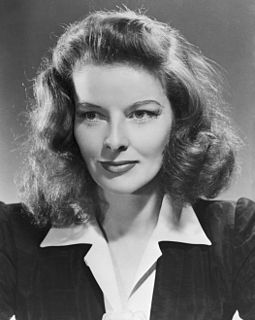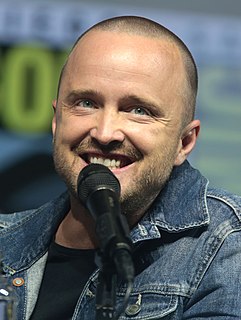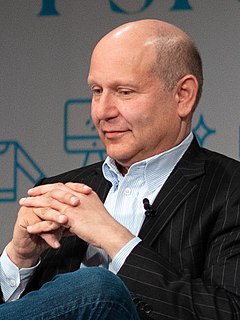A Quote by Frances McDormand
It's kind of a subversive act to tell a story of a woman past a certain age, to develop a four-hour movie based on a marriage and a story of two people past middle age.
Related Quotes
It's only a story, you say. So it is, and the rest of life with it - creation story, love story, horror, crime, the strange story of you and I. The alphabet of my DNA shapes certain words, but the story is not told. I have to tell it myself. What is it that I have to tell myself again and again? That there is always a new beginning, a different end. I can change the story. I am the story. Begin.
If you gauge how you're doing on whether somebody is responding vocally or not, you're up a creek. You can't do that; you kind of have to be inside of your work and play the scene. And tell the story every day. Tell the story. Tell the story. Regardless of how people are responding, I'm going to tell the story.
I think it worked two ways. One, a lot of people writing about the movie used that as shorthand and it could either be a good thing or they could use it to dismiss the movie like we were a copycat movie or something like that. It's very much its own story. It is a young woman in a post-apocalyptic society, but after that it's just a whole different kind of story and a different journey that she goes through.
I left Paramount at the ripe young age of sixty. A generation ago, that would have been retirement age. But my generation has more energy, more drive, and a greater life expectancy than any group of retirees before us. We are going to be here for two decades or more past 'retirement' age and we want to do something relevant in the so-called third act of our lives.



































